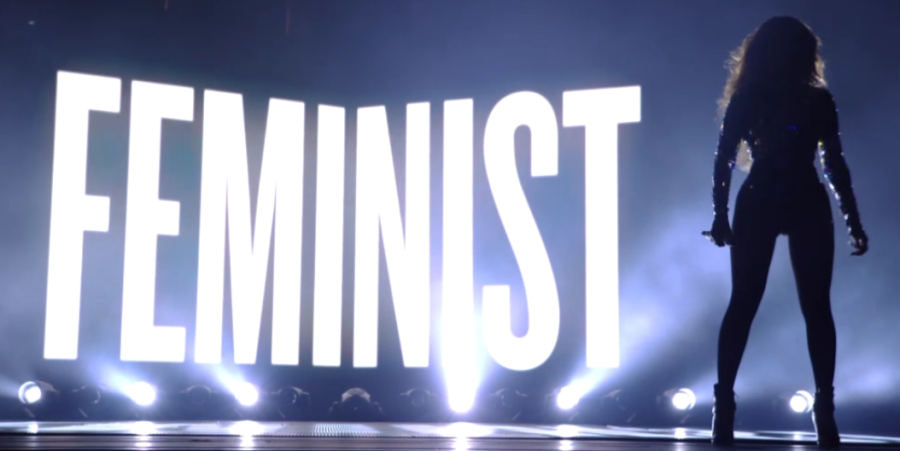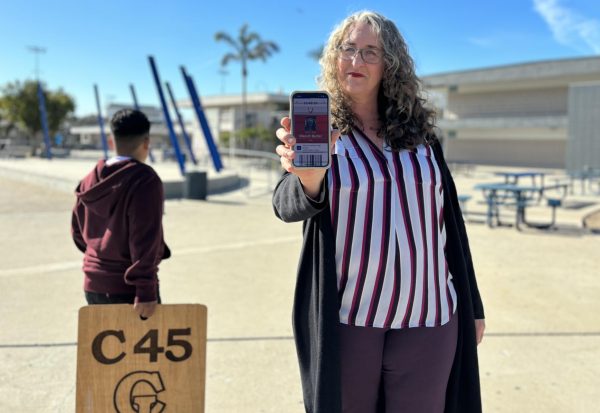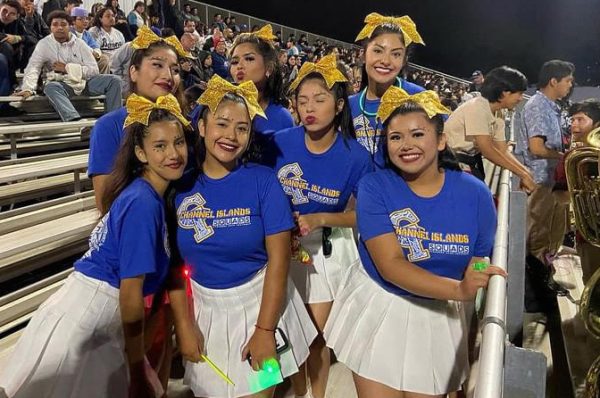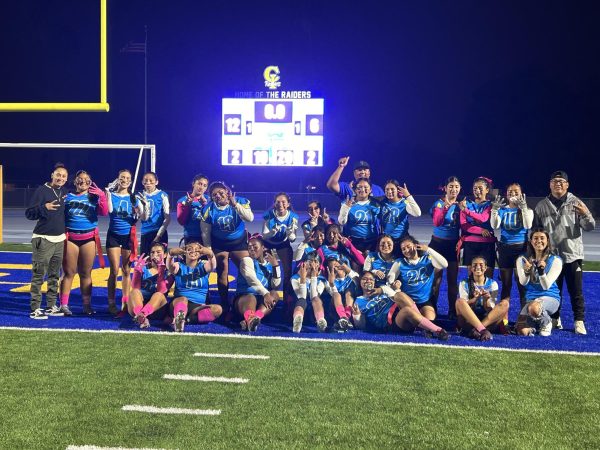The F word
Are you a feminist?
This could possibly be a tough question to answer. But the truth is, most of us don’t really know what it means. The F-word has been surfacing quite a lot lately. The term might be new to some, causing confusion out of ignorance. However, feminism has been around for years; some people just didn’t know it was there.
If you haven’t been living under a rock, you may be familiar with Beyonce’s 2014 VMA performance, where she displayed herself in front of the word “FEMINIST.” After her iconic performance, it seemed like Queen B paved the way for mainstream feminism.
But the question still remains: what is feminism?
Beyonce gives us the definition in her song “Flawless.” Feminist: a person who believes in the social, political, and economic equality of the sexes.
Although the definition is pretty straightforward, there are two common misconceptions.
Misconception #1: Feminists hate men. Truthfully, there are some feminists who hate men, but only for the reason of the misogynistic culture we live in. However, feminists in general do not hate men; that defeats the purpose of being a feminist. The objective of the movement is gender equality. Women are not superior to men, men are not superior to women. We are human beings who all have the right to equality.
This leads to the second common misconception.
Misconception #2: Men can’t be feminists. Yes, men can be feminists. Sexism hurts everybody, which is why men are included in the category.
Feminism actually helps men in more ways than one. The idea that patriarchy, a system of male dominance, does not hurt men is false; it actually hurts them. Ten percent of rape victims are male; however, report rates have lowered due to society’s image that males cannot be seen as weak. The “boys don’t cry” argument does not allow men and boys to show emotional responses, feeding into patriarchy.
Furthermore to helping men, feminism takes a stand with individuals outside of the gender binary. Feminism doesn’t just believe in the equality between men and women, but the equality between every gender, class, race, and sexual orientation.
Oppression affects more than one category of people, which is why Emma Watson’s UN speech has gotten much recognition: “It is not the word that is important,” Watson said. “It’s the idea and the ambition behind it.”












